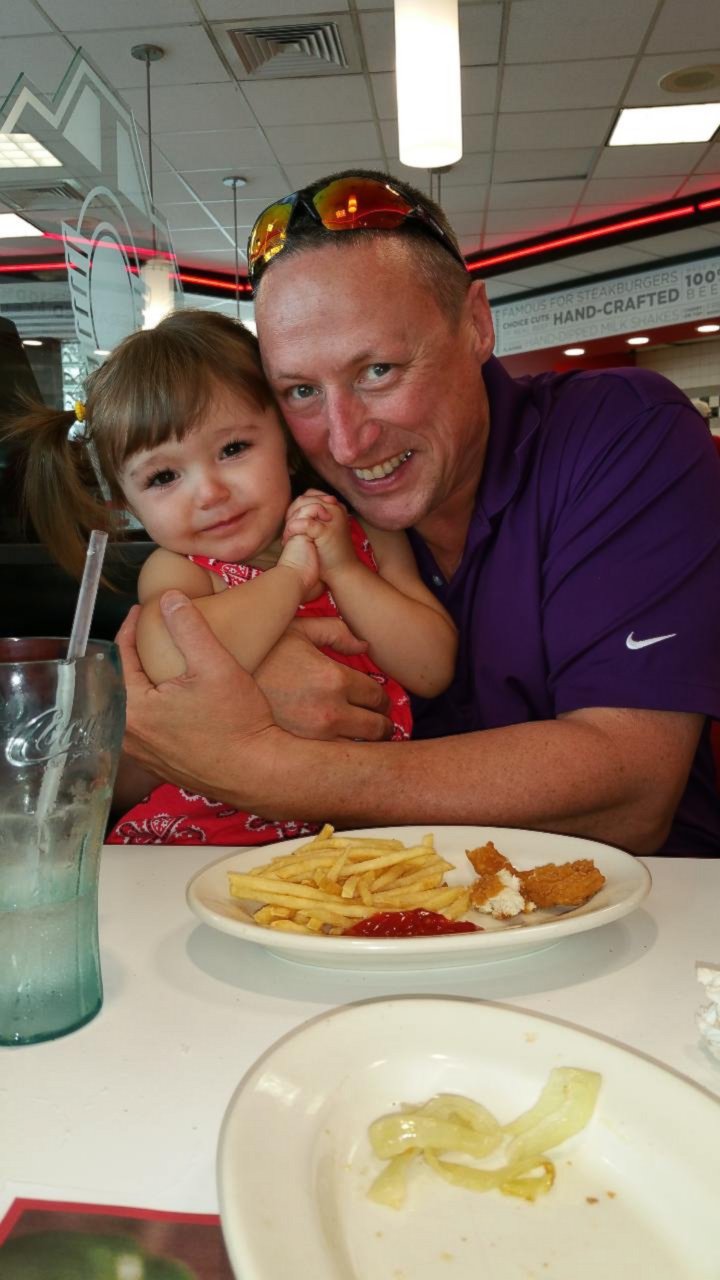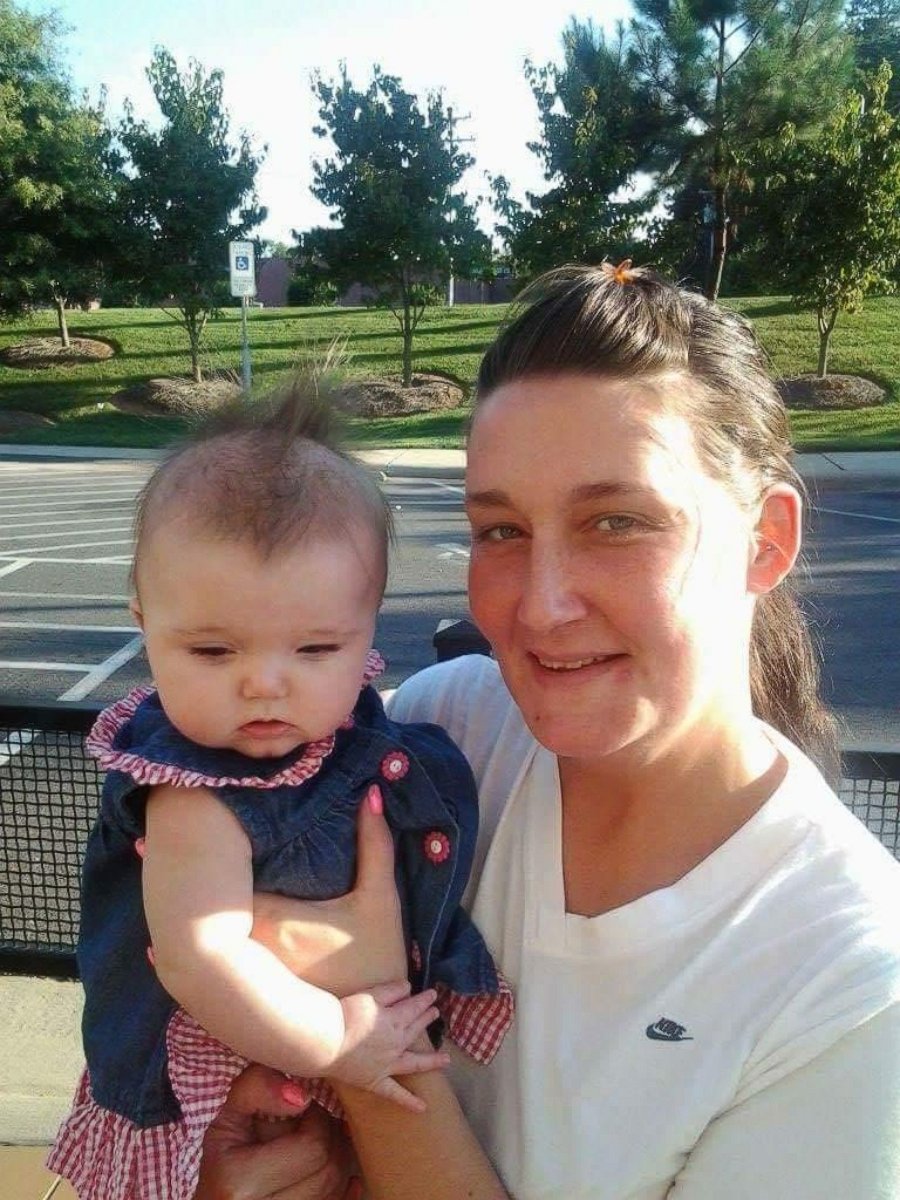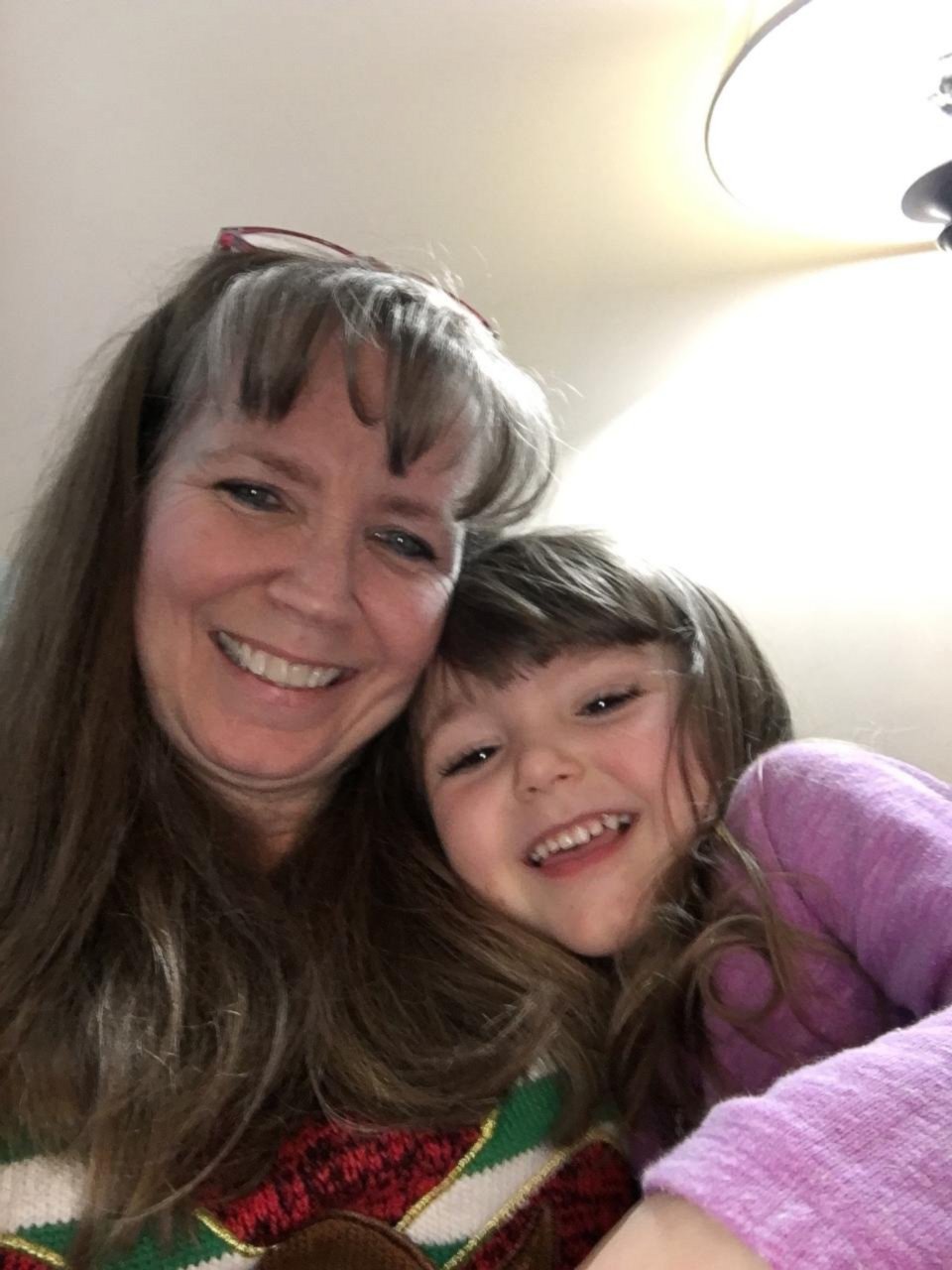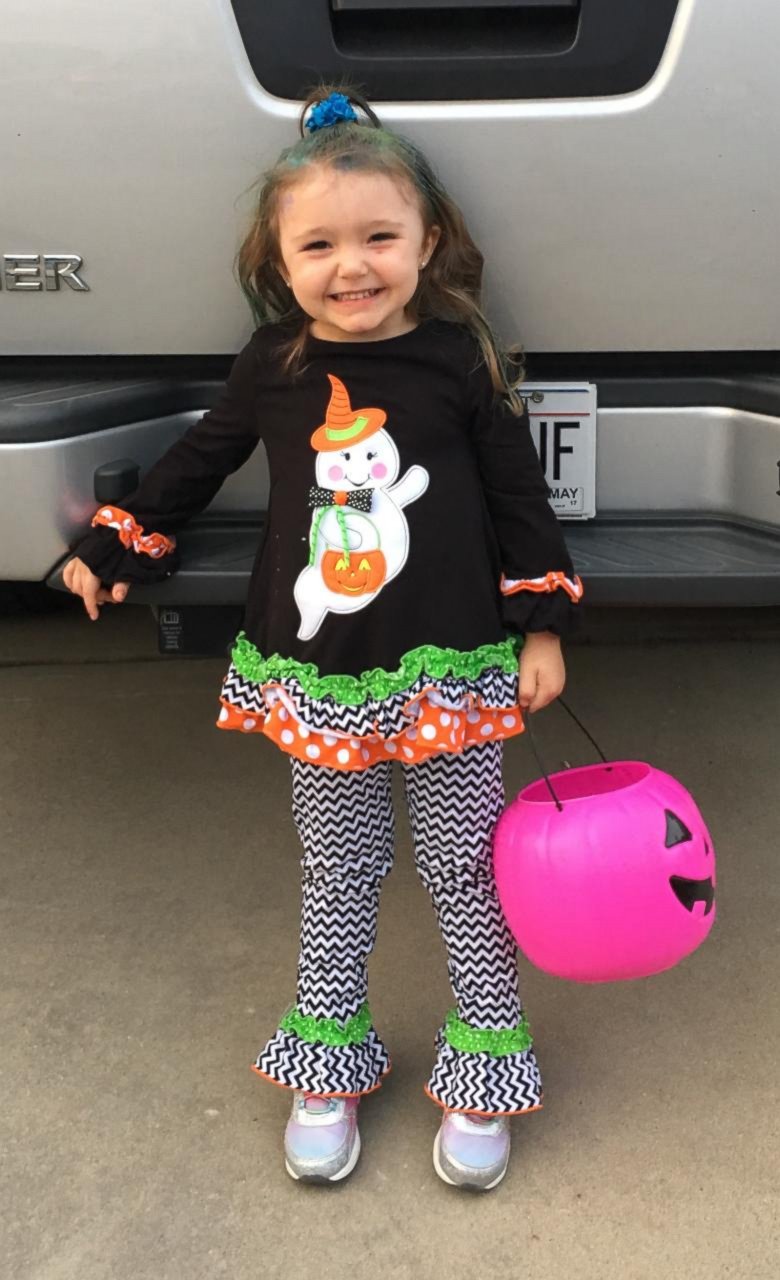This 3-year-old is at the center of a custody battle between her adoptive parents and birth father
Braelynn Dalsing's adoptive parents may have to return her.
— -- Braelynn Dalsing is like any 3-year-old growing up in South Carolina. She’s fascinated with backyard chickens, loves the movie “Zootopia” and is attached to her mom and dad at the hip.
But really, Braelynn isn’t like most other girls her age at all. She’s at the center of a complicated custody battle, one that could have implications for adoptive families all over the country.
Braelynn is adopted. In December 2016, her adoptive parents were told that their adoption had been vacated and that, with conditions, the state intended to return their daughter to her biological father.
“It breaks our heart. Braelynn is the one at the middle of this,” Ed Dalsing, Braelynn’s adopted father, told ABC's “Nightline.”

Watch the full story on ABC's "Nightline" TONIGHT at 12:35 a.m. ET.
Ed and Tammy Dalsing first welcomed Braelynn into their lives when she was just 3 weeks old. She had been born with cocaine running through her veins.“I struggle with drug addiction,” Braelynn’s birth mother, Erica Keisler, told “Nightline.” “Things just got to be too much for me.”

At first, Keisler said, she fought with South Carolina’s child welfare agency to retain custody. But there came a time when she realized she wouldn’t be able to take care of Braelynn.
“When we were in court for them to give her back to me, I realized it wasn’t going to happen,” said Keisler.
The state put Braelynn in the Dalsing family home in 2013.
“We honestly thought at the beginning we were working a foster care plan to help a mother get her child back,” Ed Dalsing said.

However, Braelynn then had developmental issues; she had a droopy eye and misshapen head, and needed a special helmet. As foster parents, the Dalsings weren’t allowed to make these medical decisions for her and lobbied to be able to adopt.
“And that’s when I had to do some major soul-searching and make the decision to let the Dalsings adopt her,” Keisler said.
“She made a choice, probably one of the hardest choices I could imagine a mother making, and that’s handing her daughter over to somebody else,” Ed Dalsing said.
“It was a lot of trust,” Tammy Dalsing told “Nightline.”
Ed Dalsing added, “But she knew that we loved her, and she knew that it was a good placement for her.”
Keisler has another child with a different father who's been placed with the Dalsings for adoption and firmly thinks that Braelynn should remain with the Dalsings.
“It was really hard. What the Dalsings do for my two girls is a blessing,” Keisler said. “I can lie down at night and know that they’re taken care of, know that they’re loved.”
But Braelynn’s birth father, Andrew Myers, says he is Braelynn’s only father and that she should be with him. When he first found out Braelynn was going to be born, he was excited to be a parent, according to documents he has filed with the court. However, he was wanted by police for bank fraud and a probation violation. He turned himself in, hoping he could serve his time and get out in time to start raising his child. He began his prison time in Virginia in October of 2012, seven months before his daughter was born.
“Nightline” reached out to Myers, but instead spoke with his lawyer Nathan Sheldon.
“From the very beginning, Mr. Myers had a plan,” Sheldon said. “That he should be unified with his child and that the child should be moved to Virginia.”
From his jail cell, Myers wrote to his daughter and said he arranged for his mother to send money to her, according to Sheldon. Myers contested the Dalsings’ adoption at the time, asking for Braelynn to be placed with his mother. Nonetheless, a judge chose to end his parental rights in 2015 because he was in prison, had little contact with Braelynn and wasn’t directly paying child support.
Kevin Maillard, a law professor at Syracuse University College of Law, says unwed fathers are often at a disadvantage.
“In every state in the country, the way that a father will prove their fitness to be a parent is through money, financial support, child support. That is the currency of being a good parent,” Maillard told “Nightline.”
Braelynn was formally adopted in September 2015. But then, more than a year later, a letter came in the mail.
“That’s the worst day I can ever remember, was Dec. 15. And my husband called me, and he told me that the appellate court ruled against us. And I said, ‘What do you mean?’” Tammy Dalsing said.
Myers had appealed the adoption, saying that his parental rights should never have been terminated simply because he was in jail.
In November, Myers was released from prison, and now an appeals court is siding with him.
“I’m a 20-year Marine veteran, and I’ve never cried as much as I have over this,” said Ed Dalsing.
State law does say that efforts must be made to reunite children with their biological parents.
“He’s made every effort that he could make to essentially try to preserve his parental rights in this case,” said Sheldon.

But the Dalsings believe what’s good for the child should matter most, insisting that they not only love the child, but have the means to provide for her. They filed an appeal and lost, now planning to ask the South Carolina Supreme State Court to hear the case. But even if Braelynn’s father wins, he may still not get custody. He will have to prove to the court that he is fit to parent, undergoing a multistep process overseen by the state.
“When you are not married to the mother of your child, then you have to prove your worthiness, your fitness to actually be a parent,” Maillard said. “The Supreme Court says that it’s biology plus action.”
Keisler says her daughter should remain with the Dalsings.
“They’re stable. They love her. They’re financially able to do things that my family and his family put together would never be able to do. School, college, a normal life, a shot at actually being something, to go somewhere in life and not be where I’m sitting or in prison where her dad was sitting, you know?” Keisler said.
The Dalsings say that Myers has never met Braelynn and never tried to speak to her on the phone.
“We don’t think that her biological father, his grandmother are mean or evil or anything like that,” Tammy Dalsing said. “We’ve made it available to them that if they wanted to see her, they could.”
Keisler spends time with Braelynn during regular visits. She says that if Braelynn were to go with her father, she would be overwhelmed by the unfamiliarity of being taken out of the only home she’s ever known.
“They don’t even know her favorite color,” Keisler said. “I don’t understand how a judge can say that these people deserve to raise Braelynn.”
Myers’ lawyer disagrees that Myers hasn’t been greatly involved in Braelynn’s life.
“We completely disagree with that assessment. And again, unfortunately, there’s a confidential nature to this case. But that would be a dispute that we would have,” said Sheldon.
The Dalsings say the most important thing in all of this is Braelynn.
“And we have no plans of stopping if it does not get corrected,” said Ed Dalsing. “It’s going to take the United States Supreme Court to deny us,” said Tammy Dalsing.
There are no immediate plans for Braelynn to be removed so, for now, everyone who loves this child can do nothing but wait.
Watch the full story on ABC News' "Nightline" TONIGHT at 12:35 a.m. ET.




